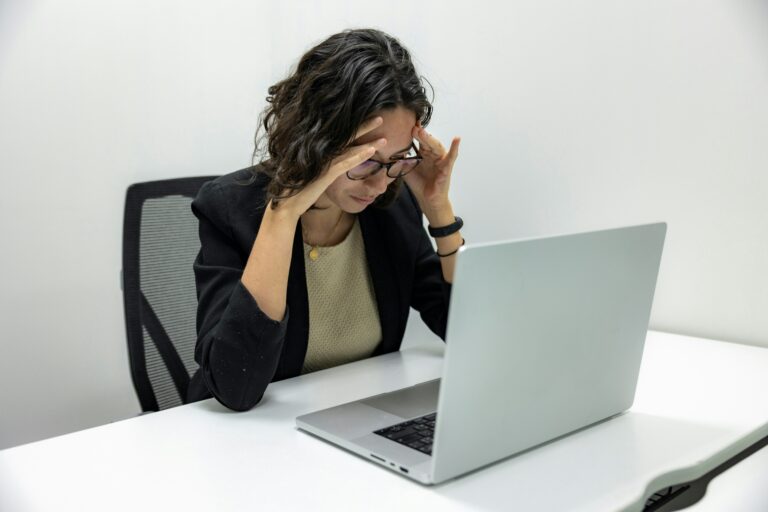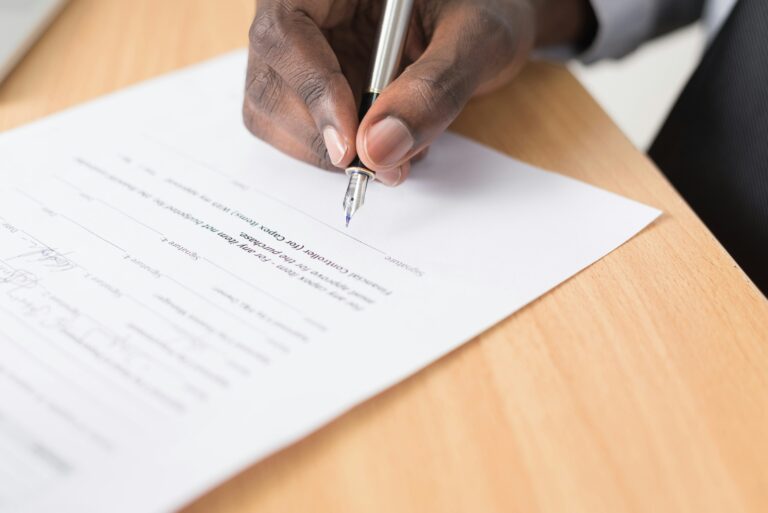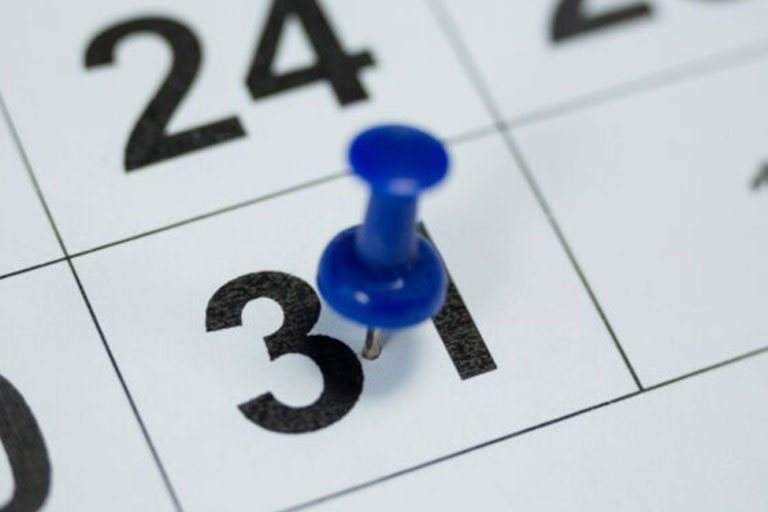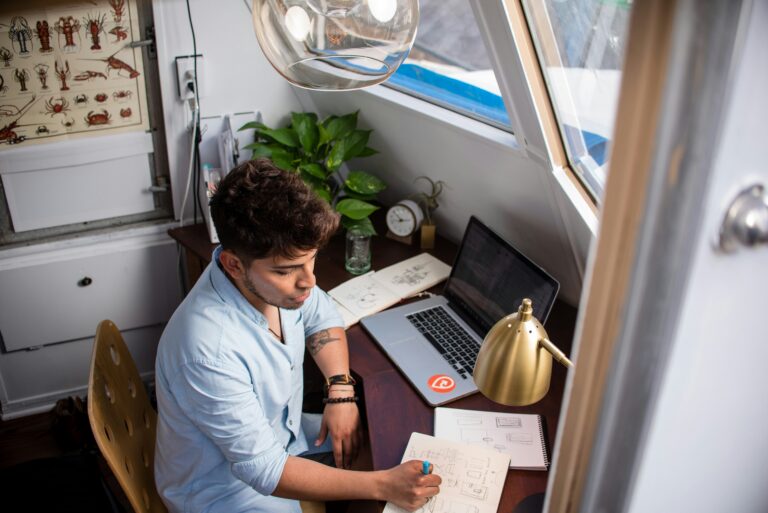For freelancers and sole traders, the world of self-assessment taxes can sometimes feel like a daunting maze. However, with the right guidance, managing your taxes efficiently can become a breeze. In this blog post, we’ll explore some specialised tips to help freelancers and sole traders make the most of their self-assessment tax journey.
Keep immaculate records: The foundation of smooth tax management is maintaining organised and up-to-date records. For freelancers and sole traders, this means diligently tracking income, expenses, receipts, and invoices. Digital tools and accounting software can be invaluable in streamlining this process, providing a comprehensive overview of your financial landscape.
Understand your deductions: One of the perks of being a freelancer or sole trader is the ability to claim deductions for business-related expenses. Make sure you understand which expenses are eligible for deduction – common examples include office supplies, equipment, travel expenses, and professional fees. Being well-informed about your deductible expenses can significantly reduce your taxable income.
Separate personal and business finances: Maintaining a clear distinction between personal and business finances is crucial for freelancers and sole traders. Open a separate business bank account to avoid commingling funds, making it easier to track income and expenses. This separation not only simplifies your record-keeping but also ensures compliance with tax regulations.
Plan for tax payments throughout the year: Freelancers and sole traders often face irregular income streams, making it challenging to predict annual tax liabilities accurately. To avoid last-minute financial stress, consider making quarterly tax payments. This proactive approach helps you stay on top of your tax obligations and prevents a significant financial burden when tax season arrives.
Seek professional guidance: Navigating the intricacies of self-assessment taxes can be complex, and seeking professional advice is a wise investment. A qualified tax accountant can provide tailored guidance, ensuring you take advantage of all available tax benefits while staying compliant with relevant regulations. The cost of hiring a tax professional is often outweighed by the potential savings and peace of mind they can provide.
Freelancers and sole traders play a vital role in the modern economy, and managing self-assessment taxes efficiently is a key aspect of their success. By keeping meticulous records, understanding deductible expenses, separating personal and business finances, planning tax payments, and most importantly seeking professional guidance, freelancers and sole traders can navigate the tax maze with confidence. Remember, staying informed and proactive in your tax approach can lead to a smoother financial journey and allow you to focus on what you do best – your business.





